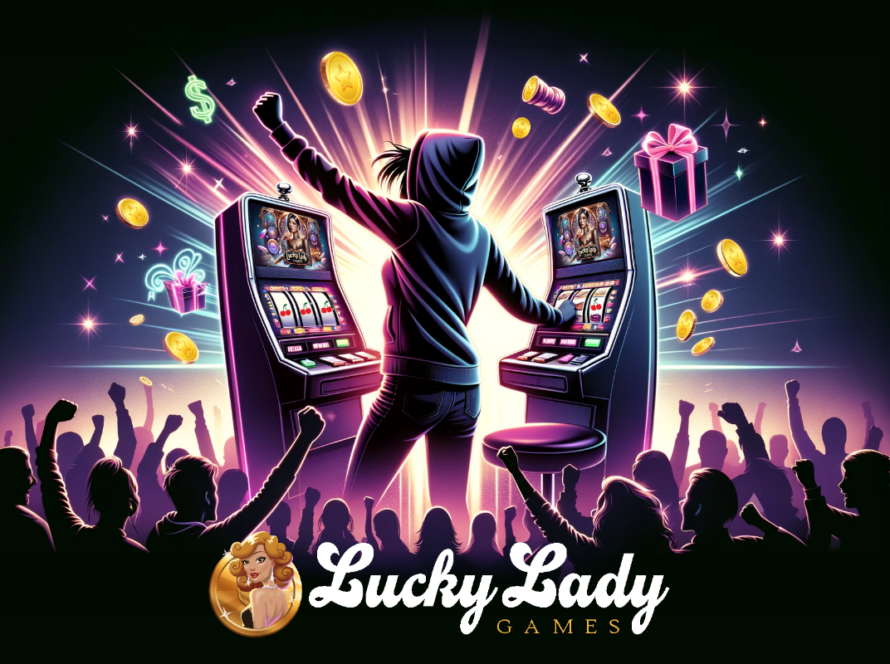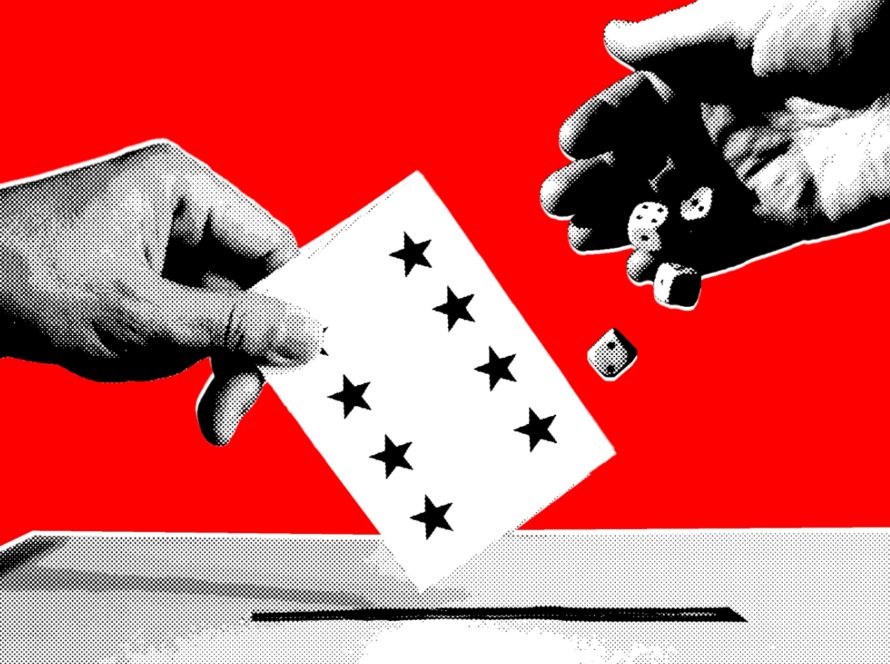Imagine stepping into a virtual casino. As you log in, an AI-powered host appears, instantly recognizing your past preferences and suggesting a new game that aligns with your recent winning streak. Notifications pop up about limited-time bonuses and challenges, tailored just for you. It feels like this casino was designed specifically with you in mind. This kind of personalized, seamless experience is powered by two game-changing technologies: programmable intelligence (PI) and programmable money (PM).
These might sound technical, but they’re the driving force behind the new wave of social casinos—and they’re not just theoretical anymore. With ongoing discussions about U.S. regulations and the push for global legalization, PI and PM are set to become key players in this evolving landscape.

Programmable Intelligence (PI): Making Casinos Smarter
Programmable intelligence uses advanced artificial intelligence (AI) to create gaming environments that adapt to individual players, enhancing engagement and retention. Here’s how it’s transforming social casinos:
1. Dynamic Game Adjustments
PI can analyze how you play and adjust games in real-time, keeping things interesting. If a player prefers fast-paced action, PI ramps up the excitement. For someone who enjoys a more relaxed experience, it slows down the game’s pace. This level of customization keeps games challenging without overwhelming players, creating a tailored experience that boosts satisfaction and encourages repeat visits.
2. Intelligent Hosts and Guides
Imagine a virtual casino where the host actually knows your name, favorite games, and playstyle. PI makes this possible, creating AI-driven hosts that suggest new games, highlight promotions, and provide tailored tips based on your recent gameplay. It transforms the casino from a static app into an interactive experience that feels personalized and dynamic.
3. On-the-Fly Live Operations & Content
PI’s real power lies in its ability to adapt the casino environment in real-time. If the system detects a surge in slot play, it can instantly roll out slot-themed tournaments, bonuses, or challenges to keep that momentum going. This kind of quick adaptability ensures that players always have something new and exciting to engage with, preventing monotony and boosting player retention.
4. Customized Rewards and Incentives
Gone are the days of generic rewards. PI analyzes individual player behavior to create tailored incentives. High-risk players might receive bonus credits to try out new high-stakes games, while casual players might be offered free spins or access to exclusive, low-stakes tournaments. It’s about making rewards feel valuable and relevant to each player.
Programmable Money (PM): Redefining the In-Game Economy
Programmable money uses blockchain and smart contracts to create flexible, automated financial systems within the casino. This isn’t just virtual credits anymore; PM is setting the stage for a new kind of in-game economy.
1. In-Game Tokens and Dual Currency Systems
PM introduces tokens that can be programmed for various uses, adding a layer of strategy to the gaming experience. These tokens can expire, be tied to specific games, or be traded with other players. It creates a more engaging experience where players must think about how to best use their in-game currency.
2. Automated Rewards Through Smart Contracts
Smart contracts allow for the instant distribution of rewards and bonuses. When a player completes a challenge or hits a milestone, a smart contract automatically credits their account, eliminating delays and making the process seamless. This instant gratification keeps players more engaged and reduces friction within the platform.
3. Player-Driven Economy
PM enables players to truly own and trade in-game assets. Virtual items, collectibles, and NFTs can now be bought, sold, or traded, creating a player-driven economy. This isn’t just for fun—it adds real value to the time players invest in the casino. However, it’s crucial to note that this concept is more easily adopted in regions with less restrictive regulations. While many global markets embrace blockchain-based economies, the U.S. remains cautious, focusing on consumer protection and clear definitions around virtual asset ownership.
4. Microtransactions and Peer Trading
With PM, players can buy extra in-game items, access exclusive game modes, or even trade assets with each other through secure, automated transactions. This creates an in-game marketplace, offering a depth of engagement beyond traditional gameplay. However, this element is subject to varying regulations worldwide, especially in regions that impose strict controls on digital currency transactions.
Navigating U.S. Regulations and Global Legalization
While PI and PM are opening up exciting possibilities, they also come with challenges, particularly around regulations. The U.S. has strict rules about how digital currencies and gaming rewards can be used and traded, especially when it comes to player-owned assets and tokenized economies. The legalization of virtual currencies and programmable money in the social casino space is evolving but faces hurdles from state-level gambling laws and federal consumer protection requirements.
Globally, the situation is more varied. In some regions, regulations are more flexible, allowing social casinos to integrate blockchain and programmable money more freely. Countries in Europe and parts of Asia are embracing digital currencies and even NFTs within gaming ecosystems. However, the disparity in regulations means that social casinos need to stay adaptable, ensuring compliance while exploring new ways to incorporate these technologies.
Why This Matters for the Future of Social Casinos
The rise of PI and PM isn’t just about fancy new features; it’s about reshaping the entire social casino experience. Programmable intelligence makes games smarter, more dynamic, and uniquely tailored to each player. Programmable money, meanwhile, introduces a new level of interaction, ownership, and monetization that was previously impossible. Together, they set the stage for social casinos to evolve into more interactive, engaging worlds.
But it’s not without its challenges. Navigating regulations, especially in markets like the U.S., requires careful planning and adaptability. As the global landscape shifts toward broader acceptance of blockchain and AI technologies, the social casino space is poised to become a hub of innovation. The casinos that stay ahead of these trends, keeping compliance and player experience at the forefront, will lead the industry into its next era.
Be sure to subscribe to our newsletter to stay in touch, or connected with Lucky Lady Games – Business on Linkedin.


